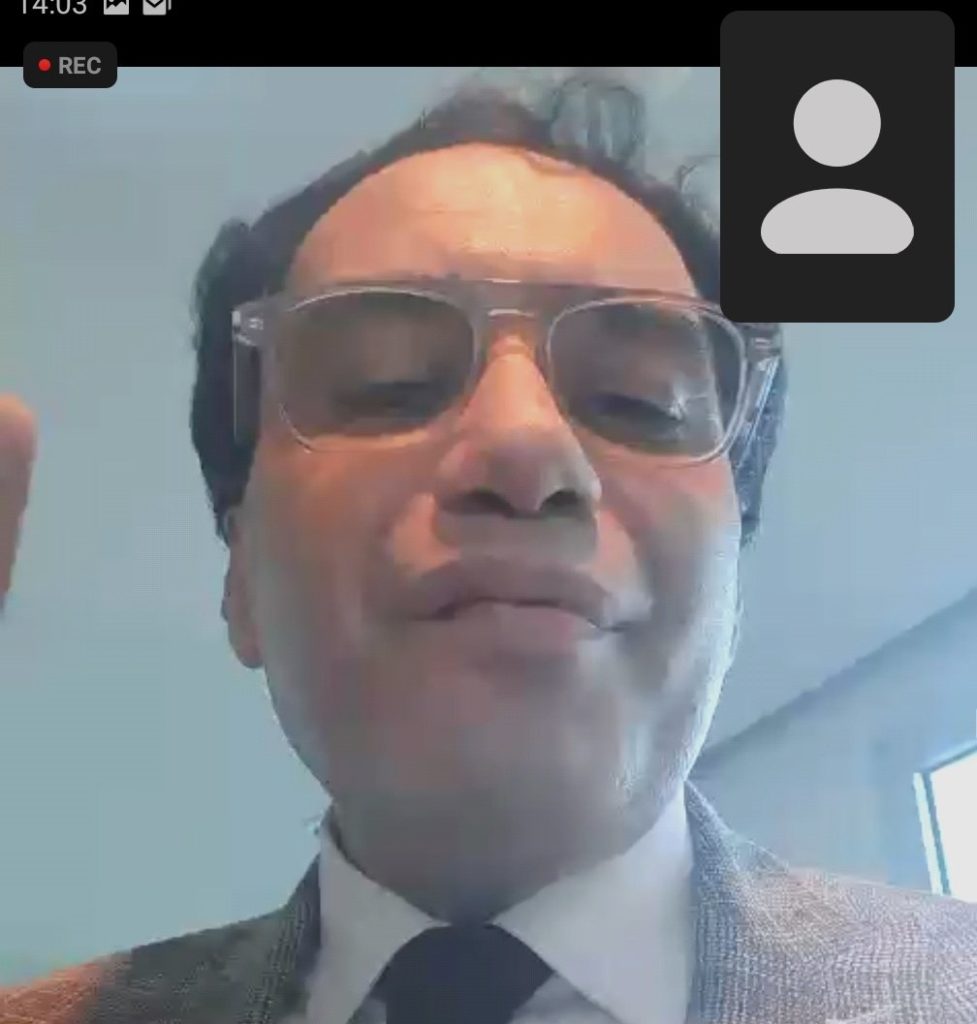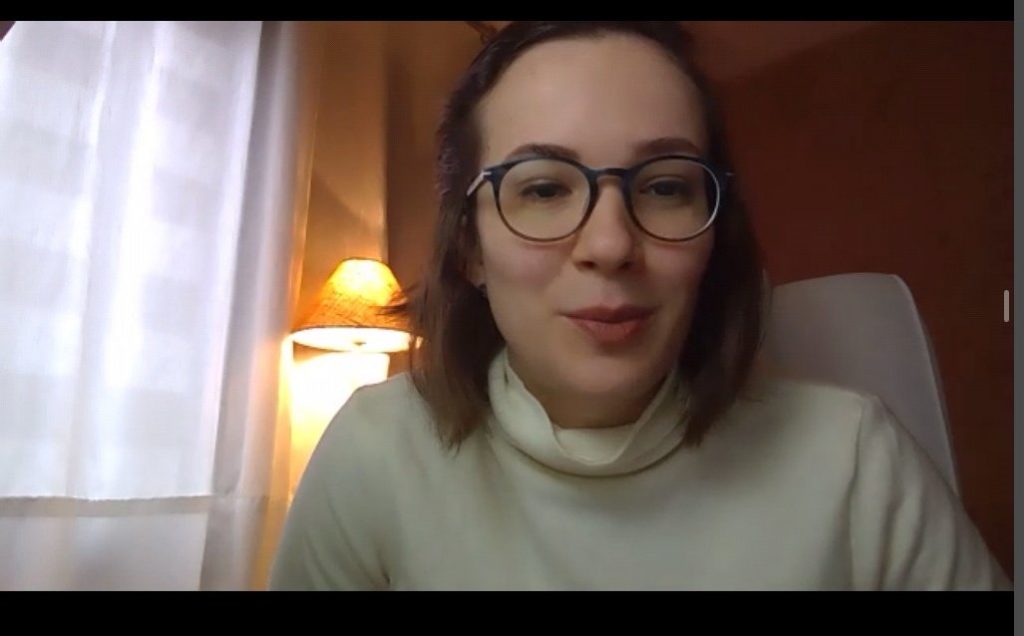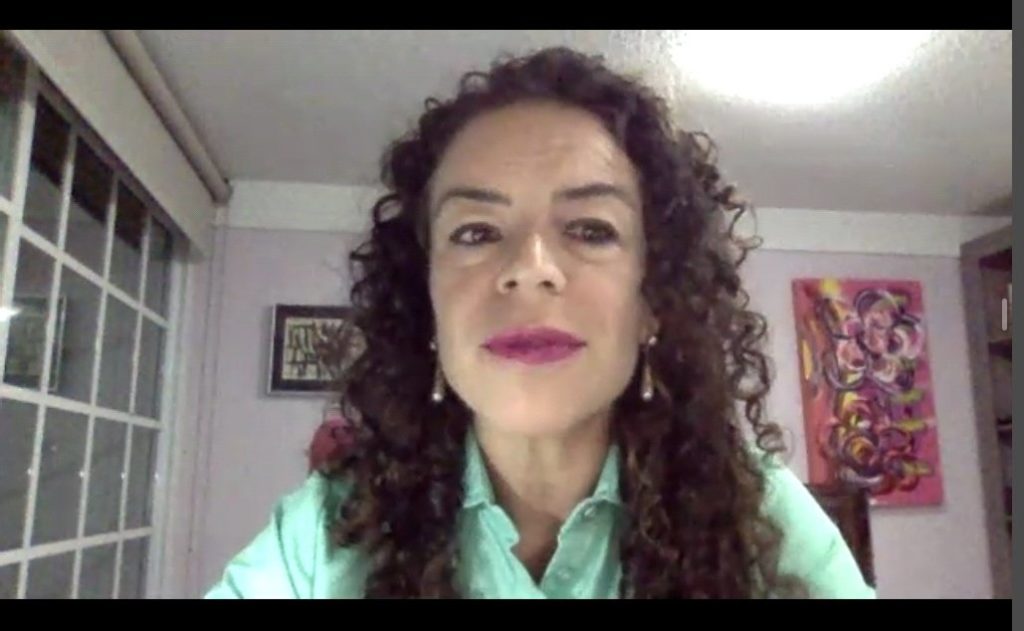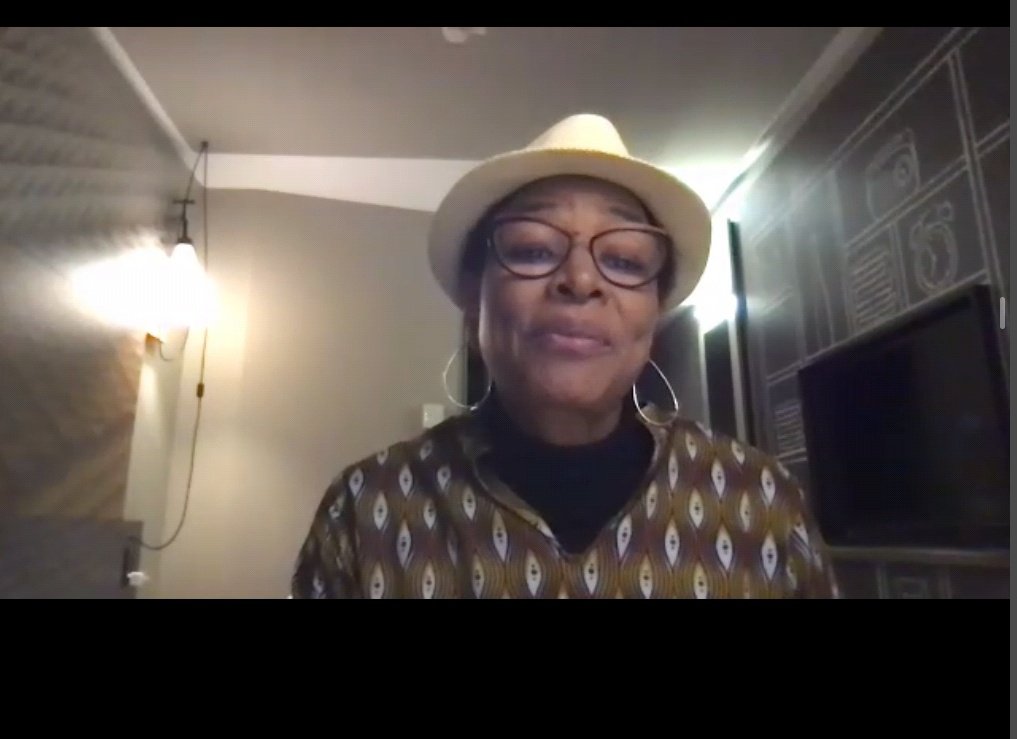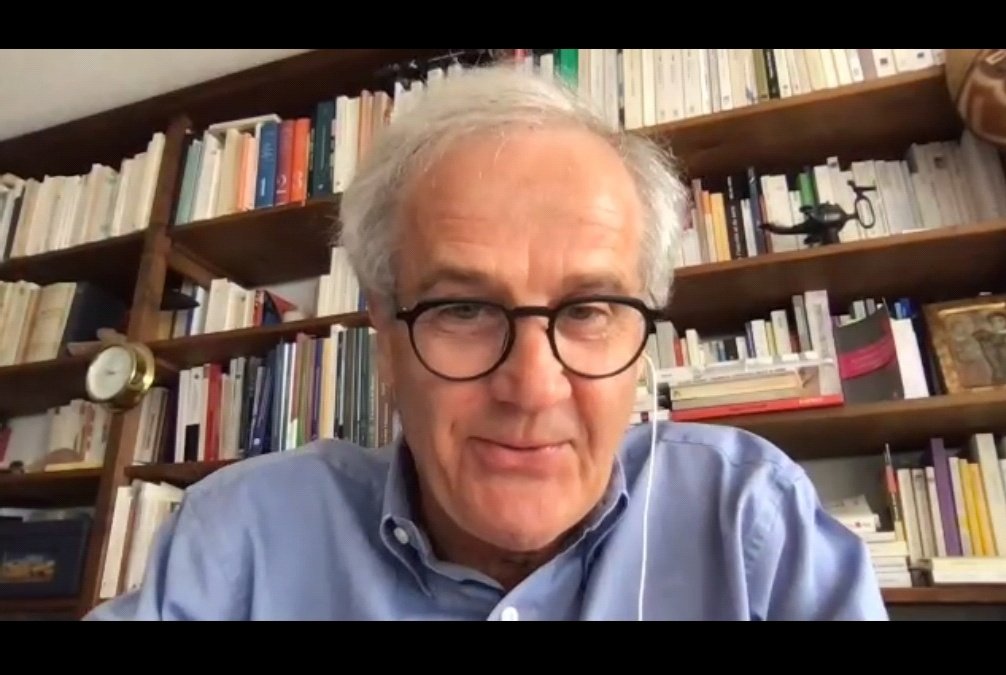 Last Tuesday June 29th, OIDEL hosted a parallel event to the 47th regular session of the Human Rights where the Special Rapporteur on the right to education, Ms. Koumbou Boly Barry, presented her new report on education as a cultural right. The purpose of the event was to deepen the content of the report and see how the cultural approach can be achieved through the collaboration of countries, civil society and NGOs.
Last Tuesday June 29th, OIDEL hosted a parallel event to the 47th regular session of the Human Rights where the Special Rapporteur on the right to education, Ms. Koumbou Boly Barry, presented her new report on education as a cultural right. The purpose of the event was to deepen the content of the report and see how the cultural approach can be achieved through the collaboration of countries, civil society and NGOs.
The event, sponsored by OIDEL, OIEC, the Brazilian Campaign for the Right to Education and the Portuguese permanent mission had the presence of five speakers who created a very interesting dialogue on the right to education across the world. The speakers included: the Special Rapporteur on the right to education Koumbou Boly Barry, the president of the Observatory for Diversity and Cultural Rights and coordinator of the UNESCO Chair in Human Rights and Democracy at the University of Friborg Patrice Meyer-Bisch, the president of the IDC Cultura and Professor on the Universidad Autónoma del Estado de Morelos Erika Flores, the General coordinator of the Brazilian Campaign for the Right to Education Andressa Pellanda, and the former minister of cultural affairs of Tunisia Mohamed Zinelabidine.
The event started with the intervention of the Portuguese permanent mission, the leader of the Human Rights Council and driving force of the resolution which was last renewed in 2020 and had around 136 sponsors. During her intervention, the Special Rapporteur explained that the three main points of the report are the cultural diversity as cultural rights help with the enactment of diversity; the cultural rights seen in the SDGs and the necessity of cultural diversity that will help with the development of a common identity and human development. She also explained that in order to make the right to education a reality, there is a need to make education accessible, adaptable, accepted and adequate. The Special Rapporteur’s intervention was followed by the other speakers which gave their insights on the right to education in their specific contexts. It is important to highlight the intervention of Erika Flores, she is currently running for Special Rapporteur on the right of education. During her intervention, she explained how there is not a definition of culture, and cultural rights depend on the definition of culture as cultural rights are human rights ergo jus cogens. Aside from explaining how there needs to be a legal framework for cultural rights, she noted that there is a need for more indicators, statistics and publications on culture on a systematic approach, as the post-pandemic time is a perfect time to integrate cultural values into SDGs.
The Director of OIDEL concluded the event recalling that the cultural approach of the right to education requires the role of all actors, especially families and non-governmental schools.
